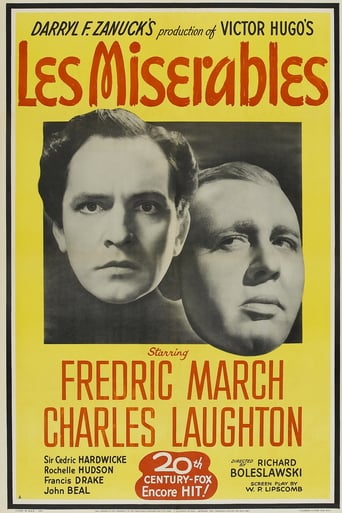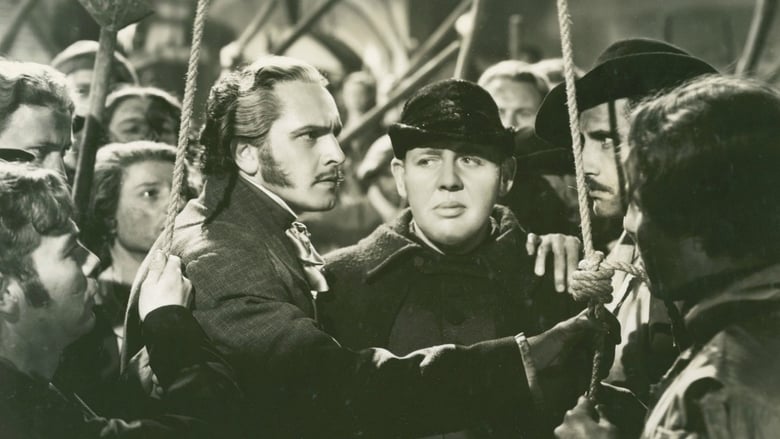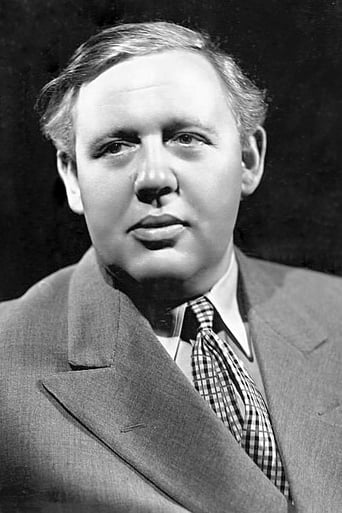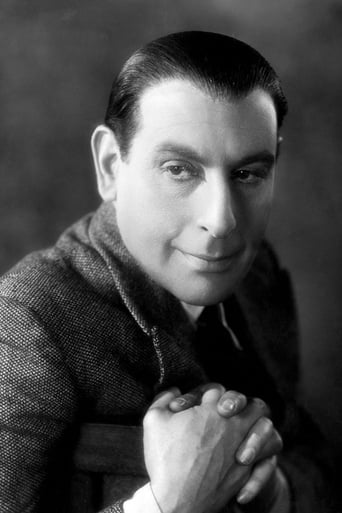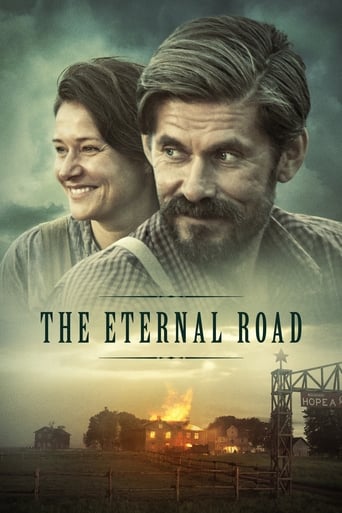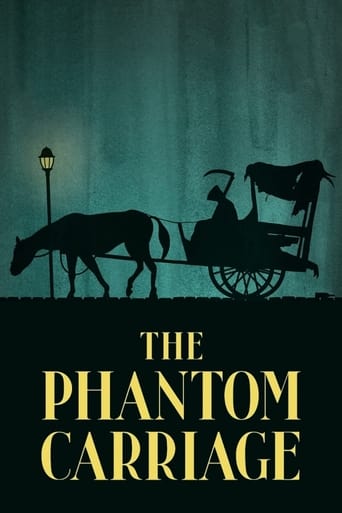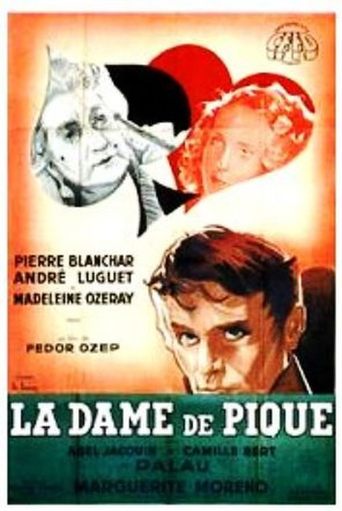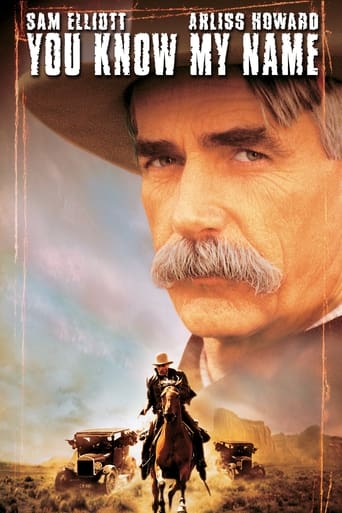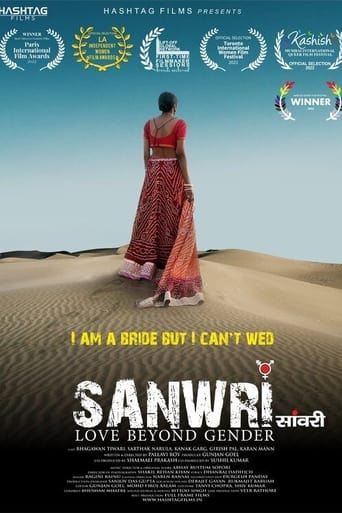Les Misérables (1935)
In early nineteenth-century France Jean Valjean, an ex-convict who failed to report to parole, is relentlessly pursued over a twenty-year period by Javert, an obsessive policeman.
Watch Trailer
Cast


Similar titles
Reviews
Simply Perfect
Sadly Over-hyped
Let me be very fair here, this is not the best movie in my opinion. But, this movie is fun, it has purpose and is very enjoyable to watch.
There are moments that feel comical, some horrific, and some downright inspiring but the tonal shifts hardly matter as the end results come to a film that's perfect for this time.
I'll always have a soft spot in my heart for Fredric March, since he reminds me of my grandpa in The Best Years of Our Lives. Sometimes, as in that movie, he's a wonderful actor; but sometimes, he's just stinky. In Les Misérables, he plays the famous literary hero Jean Valjean, and unfortunately, he's pretty stinky. Charles Laughton plays the complex villain Inspector Javert. As everyone knows, since the story is French, his character name is pronounced "Jah-verr". Fredric March doesn't say it that way. From start to finish, he calls his enemy "Ja-vert". My dad came up with a possible reason for the outrageously embarrassing mistake: Freddie said "Ja-vert,", and director Richard Boleslawski said, "Cut! Freddie, it's 'Jah-verr.'" Freddie said, "Yeah, yeah, I know." Then, thrown out into the ring again, he said "Ja-vert." Rinse and repeat. That scenario sounded so much like something my grandpa would do, that even though "Ja-vert" almost ruins the movie, it still makes me laugh.Now, let's talk about what else is wrong with this version. I really like Charles Laughton, but I think he was miscast as Javert. Charles has a very expressive face, and he always comes across as having enormously deep problems. Javert can't look that way. He's strict, rigid, and has enormous discipline because he loves the law. He doesn't have deep emotional problems. The supporting cast isn't that bad, with Rochelle Hudson as Cosette, Florence Eldridge as Fantine John Beal as Marius, and Cedric Hardwicke as the bishop. Rochelle and Fredric March are pretty contemporary, and parts of the story feel rushed and cheaply done. All in all, this really isn't the best film adaptation of Victor Hugo's novel. Every version has its ups and downs, though, so it's a matter of taste when you pick your favorite.
Once the production code became rigidly enforced in 1934 gangster movies were out (for a few years anyway) and family entertainment was in. While "Les Miserables" was not exactly a Victorian romance it was a classic novel and the studios were turning to them in droves. Even poor old Monogram had rolled out "Jane Eyre" with Colin Clive as a special production.There are not enough superlatives to describe Charles Laughton's blistering performance - has that man ever put an acting foot out of place. Along with dynamic Frederic March the film told a thorough but certainly condensed version of Victor Hugo's gripping narrative of the deplorable justice system that once existed in France.When Jean Valjean (March) is sentenced to ten years on the galleys for stealing a loaf of bread, he meets his nemesis Captain Javet (Laughton) an over bearing despot who was born in prison and sees everybody divided into two classes - the law makers and the law breakers. Valjean endures and sees much inhumanity during his 10 year term but feels, when finally released, that his sentence is only beginning as with his yellow passport he is stamped a felon and no one will give him a chance. All except a saintly priest (Cedric Hardwicke) who has the reputation of never turning any begger away from his door. Hardened by years of ill usage Jean is caught stealing the silverware by the authorities but not only does the priest claim he gave it to Jean, he berates Jean for forgetting to take the candlesticks with him. The first kindness Jean has been shown in over 10 years and the candlesticks play a big part in his redemption.Now five years later as Monsieur Madeleine he is manager of a thriving factory and is soon to become Mayor of the town and he also runs into an old "friend" Captain Javet, who has been appointed the town's new chief of police. When a misunderstanding at the factory throws a woman, Fantine (Florence Eldridge, March's real life wife) out of work, Jean moves heaven and earth to bring Fantine her little child, Cosette (Marilyn Knowlden), who even though only 8 is working as a kitchen hand. It also causes Javet to have doubts about Jean's real identity.When a man who has stolen apples is identified as Valjean and the real Valjean speaks up for him at his trial to ensure he won't be sent to prison, the chase between the two protagonists begins in earnest. Laughton is magnificent as the quite mad Javet, whose lips tremble and gives forth platitudinous jargon such as "the law is the law"!! Several times Valjean has him in his power but his strong sense of decency and right cause him to release Javet. Those acts push Javet over the edge to insanity. There is quite an exciting chase between Javet and Valjean, who has fled with little Cosette in a pony cart and from then on Valjean is only one or two steps ahead of his enemy.The now grown Cosette (Rochelle Hudson) has left her convent and she now becomes involved with a young revolutionary student, Marius, (John Beal). There is of course another young lady, Eponine (lovely Frances Drake) who looks as though she could start plenty of trouble. The stage is now set for a thrilling chase through the sewers as the older Valjean carries the wounded Marius on his back to safety and Cosette.Rochelle Hudson should have had a career like Madge Evans, she was delicately beautiful and 1934 culminated in two of her most prestigious films, "Imitation of Life" and "Les Miserables", but after that, unfortunately, it was all down hill and her decent roles (in "Poppy" and "Show Them No Mercy") were few and far between. Beautiful, dewy eyed Frances Drake also seemed to be a casualty of 1935 - she had her biggest hits during that year - "Les Miserables", "Mad Love" and "The Invisible Ray" and then no more. Not forgetting little Marilyn Knowlden, an exquisite looking child who played exquisite children eg Kim in "Showboat". Apparently she told the story of her father who took a day off from his law practise to see if he could get his much complimented daughter into the movies. It only took a day and her "mini" movie career was born.
This 1935 version of "Les Miserables" is perhaps the finest film ever produced during Hollywood's golden age. Highlighted by superb acting from three of the greatest English-speaking actors ever to appear on film (March, Laughton and Hardwicke), a superb script and outstanding production values, this 20h Century Fox production has more than stood the test of time. Now released on DVD, it is available for modern audiences to view and compare to other filmed and staged versions of this classic Victor Hugo tale. Even now, 73 years after it was filmed, it never fails to move the viewer with its extraordinarily powerful narrative. A not-to-be-missed film from Hollywood's Golden Age!
To begin with, I doubt that most people realize that Victor Hugo's Les Miserables is not a two hundred to four hundred page novel. It is a thirteen hundred page novel (in English translation as well as the original French). This actually puts it into the same category as those other classic that most people never read: "The Bible" (both testaments together), "Don Quixote", "War and Peace", "Clarissa Harlowe", "The Decline and Fall of the Roman Empire", "The Count of Monte Cristo". Everyone knows stories or chunks of most of these books (except for Richardson's "Clarissa", which is not popular these days due to it's epistolary style). Few read them to get an idea of their full impact. It is sobering to realize that humongous novels by Dickens and Thackeray and George Eliott, like "Bleak House, "Pendennis", or "Middlemarch", are shorter (roughly 800 pages each) than these seven earlier titles that I mention. That means one is more likely to be willing to read "Middlemarch" (a thoughtful but difficult study of provincial life in 1832 England), than "The Count of Monte Cristo" (with it's fast paced and exciting tale of power, greed, and revenge in post-Napoleonic France.In it's full range, "Les Miserables" was a probing attack on the greed and social evil rampant in France from 1815 to 1832 (the beginning of the so-called "July " or Orleans Monarchy. However I warn you that if you read it you will find it annoying after awhile. You will remain sympathetic towards Valjean, protecting little Cosette who he raises as his daughter, and saving Marius (although he would as soon Cosette never saw Marius again). And you will also dislike Javert, his adversary - the perfect police official. But you will find Hugo expounding questionable views on criminals. Not all the poor are criminals, but after reading Hugo one gets the impression that if they aren't they are fools. For all the defects of Louis Phillippe's July Monarchy, it gave France prosperity and peace for nearly two decades. But to Hugo it was a criminal throwback to the barbarism of the Bourbons - France did not need monarchs, it was a republic and a democracy. For most of his life Hugo attacked "royalism" in all its guises in France, culminating in his years in exile in opposition to the Second Empire of Napoleon III (1851 - 1870 - the period that Hugo wrote "Les Misearbles" in). Oddly enough he never really attacks the first Napoleon. Read the chapters on the Battle of Waterloo in "Les Miserables" and it is almost a regrettable valentine to the little Corsican. Interestingly enough, when the Paris Commune burned much private property in 1871 (before being put down by French troops assisted by German troops), Hugo suddenly ceased being so admiring about the lowest level of the poor - after all they burned some of his property too. Trimmed of much of it's literary weight it makes a dandy little over-the-years thriller, and it has been filmed many times. The best one I remember was a French version from 1956 with Jean Gabin as Valjean (and actually he was physically closer to the poor ex convict than March was). But it was three and a half hours long, so I suspect that this one will have to do. It keeps the main threads of the story together, and performances by March, Laughton, Florence Eldritch (as Fantine), and others are excellent. Even Leonid Kinski as one of March's former convict friends gives a chilling little moment just by saying "Hello Jean" in a courtroom. So watch it, the best normal length movie version. And then put aside a month for reading the original novel (and then plan similar time schemes for those other unread classics I just listed - It will occupy you for about a year and a half or so).

